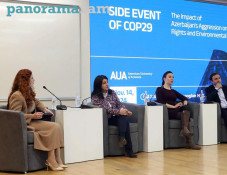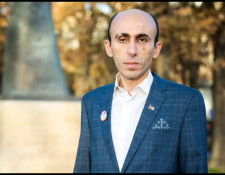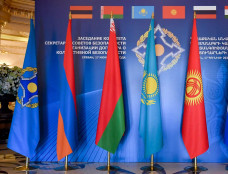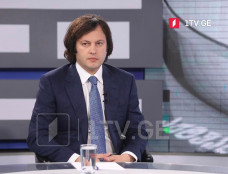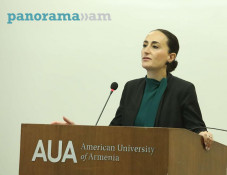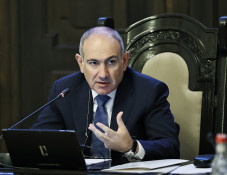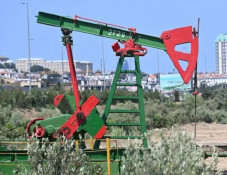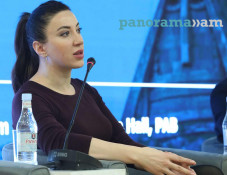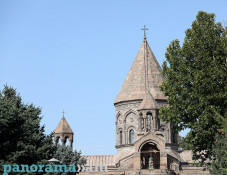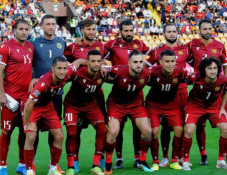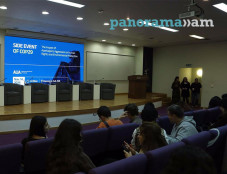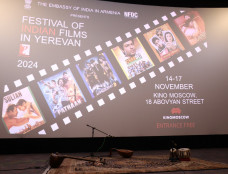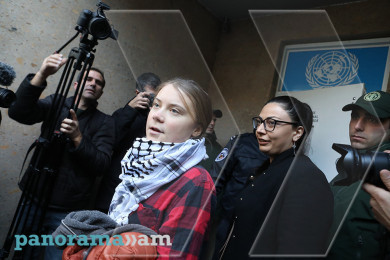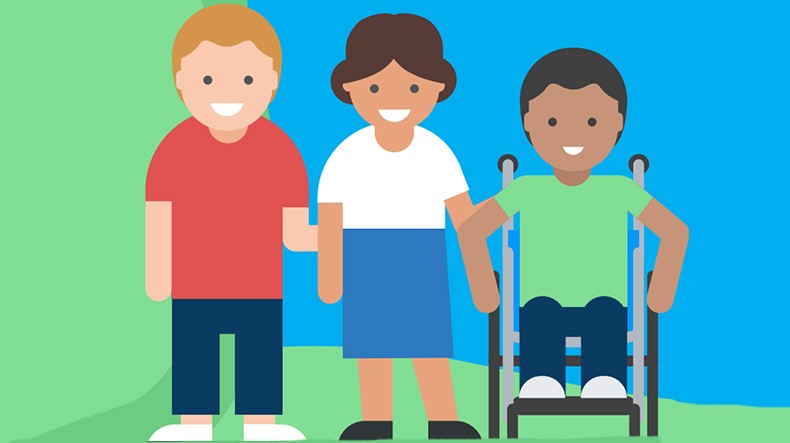
UNICEF report: More than 70 per cent of children experience physicaland psychological violencein Azerbaijan
Adolescent girls in Azerbaijan, Tajikistan, and Turkey leave school early due to traditional gender roles,according to the United Nations Children’s Fund’s (UNICEF) new report on Social protectionfor child rights and well-beingin 20 countries of Central and Eastern Europe, the Caucasus and Central Asia.
As for the social condition of families, the authors of the report cover such issues, as economic situation and labor migration. In oil producer countries like Azerbaijan, the state interferes with economic actors and hassubstantial control or ownership of key sectors suchas energy and banking. In addition, it is noted that migrant workers’ remittances constitute asignificant source of income for the families left in thehome countries, their impacts on economic growth appear to be neutral.
Children who were not registered at birth have ahard time getting medical and other services.According to the report, In most countries in Central and Eastern Europe,the Caucasus and Central Asia, overall rates ofregistration tend to be fairly high, reportedly at ornear 100 per cent in a number of countries, including Belarus, Bulgaria and Ukraine.Other countries lagbehind, especially in the Caucasus and Central Asia,with Tajikistan at 88 per cent, Azerbaijan, Kyrgyzstanand Turkey at 94 per cent. Mostoften, poorfamiliesdonotregistertheirchildren.
As for the mortality rate among children, the authors note that malnutrition remains an important determinant ofinfant and under-five mortality, growth and cognitive development.National nutrition surveys show thatstunting rates have remained high in a number ofcountries in this region, with Turkmenistan at 28per cent, Azerbaijan and Tajikistan at 27 per cent, and Albania at 23 per cent.
The report also informs about the child’s right to family environment, which includesprotection from violence and negative disciplinarytechniques.Over 70 per cent of children aged 2–14 report havingexperienced physically or psychologically violentdiscipline in Albania, Azerbaijan, the Republicof Moldova, Tajikistan, Belarus, the former Yugoslav Republic of Macedonia, Montenegro, Serbia and Ukraine.
In 2015, the World Health Organization (WHO) and the UN Children's Fund (UNICEF) conducted a joint research, according to which, Azerbaijan is the leader in terms of child mortality in the South Caucasus.
Newsfeed
Videos





